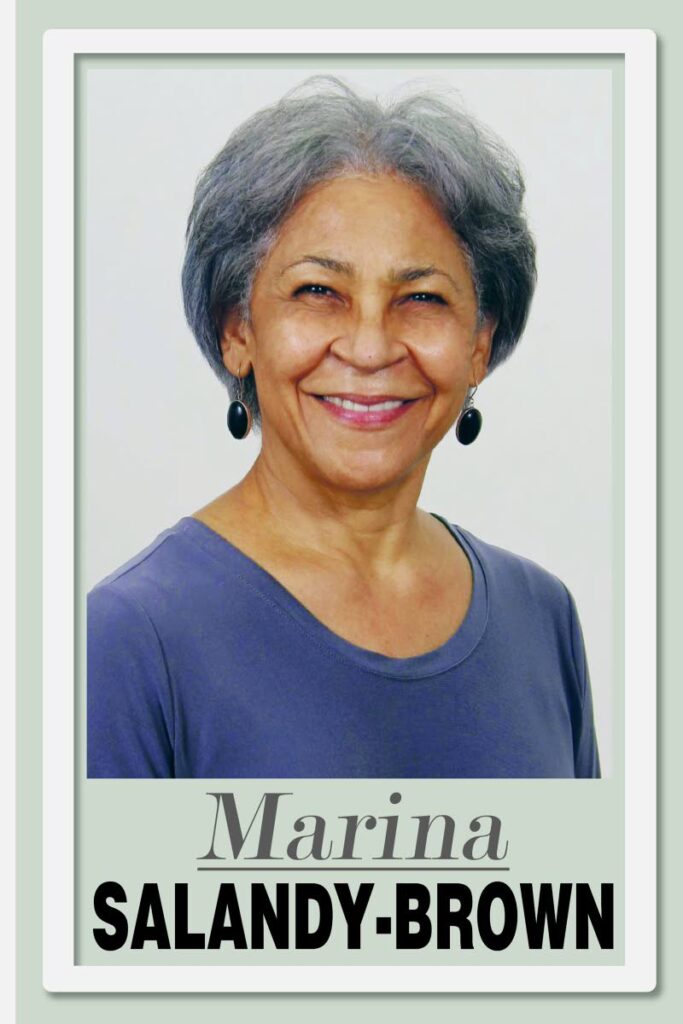Dying infants

Last week was bad for our national health service.
We do not need a report to prove that hospital standards have fallen to a dangerous level.
Seven babies, maybe more, are reportedly dead from a bacterial infection while in the care of the North-West Regional Health Authority (NWRHA). All were in the Neonatal Intensive Care Unit of the Port of Spain General Hospital (PoSGH) between April 4-9.
We can only imagine the anguish of the parents. Their account of the heartless interactions they had with hospital staff is compelling. What the tiny babies had to endure as their bodies were subjected to various recovery treatments is unspeakable. Our sympathies must go out to all the parents.
This is a terrible tragedy for everyone, and in some ways something like it had to happen to draw attention to the sickness of our hospitals and our society. While political capital should not be made by the Opposition, the parents are right to take legal action against the NWRHA. Perhaps it will help us refocus. As Dr Rowley says, buildings do not make the care system. People do, and what they do.
We should be very proud of our healthcare provision. Free health care for all, at the variety of levels we have, should not be taken for granted. High levels of medical competence exist in both the public and private sectors.
But things go wrong, too many and too often. That is not only down to any incumbent government’s policies but also to us as people – patients and practitioners – and to the rot that has set in.
Nobody doubts that as a society, we are losing our humanity, and there is ample proof that our value system is changing, people care less, are less responsible, less attentive.
We do not care for our personal health sufficiently and we also do not take responsibility for ourselves within the healthcare system, once we have to, unfortunately, enter it.
Not enough of us question doctors and their diagnoses. Many people leave their health clinics not knowing what their problem is, the name of the drugs (except that it is green or pink) or much else. The practitioners have come to expect to rule and not to be challenged because we have encouraged them to behave like demigods.
We all have stories of good care and bad care. My cousin has only praise for doctors and nurses at the PoSGH after a six-week, life-saving stay there and three years' follow-up. But understandably, doctors sometimes make mistakes, not least as diagnosticians, through having become too reliant on sophisticated tests.
My deceased mother was once admitted to a private hospital here for dysentery. A now deceased professor emeritus at the UWI, from a description on the phone – while abroad – of my mother’s symptoms, was able to correct the diagnosis to diverticulitis. Big difference. No tests.
In the public sector, the problems multiply. My then nonagenarian mother’s nursing care at the PoSGH, where she was once taken in an emergency, was so bad that the doctor advised her to discharge herself. The standard of nursing care she needed he advised, in confidence, was not what she needed or could be provided. He would not leave his mother there, he said.
The nursing care in the private sector was only marginally better. At least, it was not rude and downright cruel.
The former senior nurse who helped get my mother moved nearer to the nurses’ station at the PoSGH, released her strapped, bleeding wrists, and restored blood flow to her discoloured extremities, asked me not to make a formal complaint. Reluctantly, I agreed.
Everyone knows that obstetric medicine is better in the public health system because it has all the facilities, and it is an area of medicine where we expect high competence.
Notwithstanding, babies die. But those seven babies did not need to die if the current facts are correct. It reveals a systems failure of the most critical sort – sanitation, and though no one would want to admit it, to a poor, prevailing professional attitude.
We are not alone in witnessing declining standards. In the UK, the great NHS (National Health Service) is on its knees. Cardiac patients are dying while awaiting appointments, and queues for diagnostic tests are years long.
Now, it’s a cash problem. Once it was poor management structures which were eventually corrected.
I once found old, dried blood on the visitor’s chair next to my dying, elderly uncle’s bed in a London teaching hospital, and the floors were so filthy my shoes stuck to them. No surprise that hospitals were overcome by antibiotic-resistant superbugs. Patient services had been outsourced and no one was in charge, but in 2001, matrons were restored to the management of wards to stem increasing concerns over deteriorating hospital standards and staff discipline.
The people of Trinidad and Tobago are bad at all types of public service, from tourism to health care. We share collective responsibility for those babies’ deaths. But heads must roll to show that the buck stops somewhere.

Comments
"Dying infants"